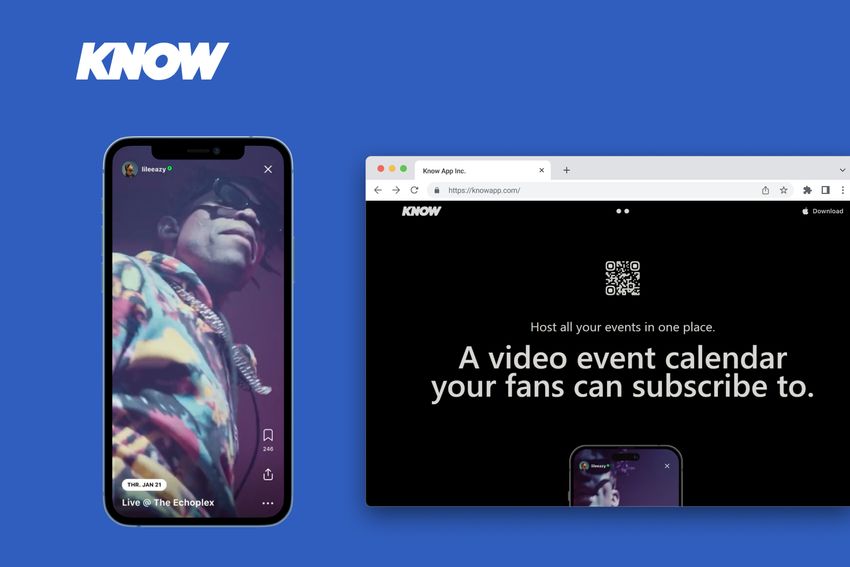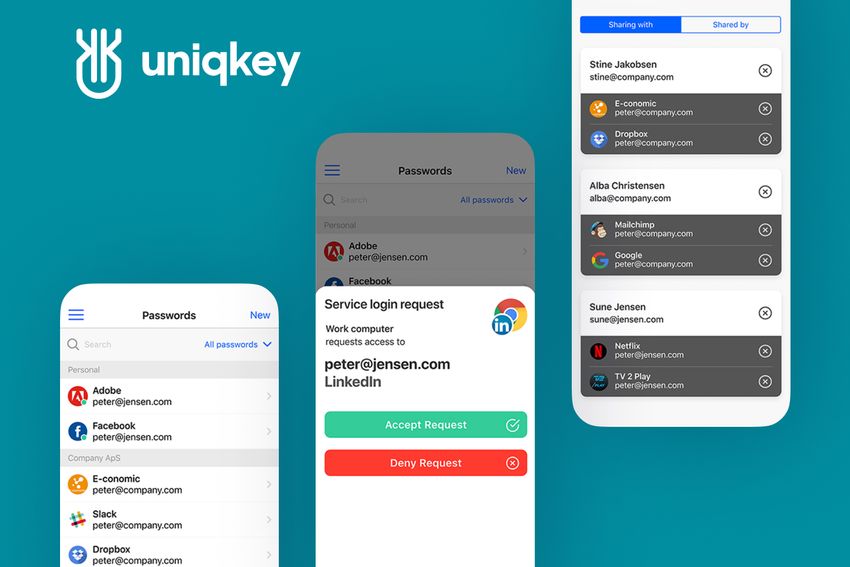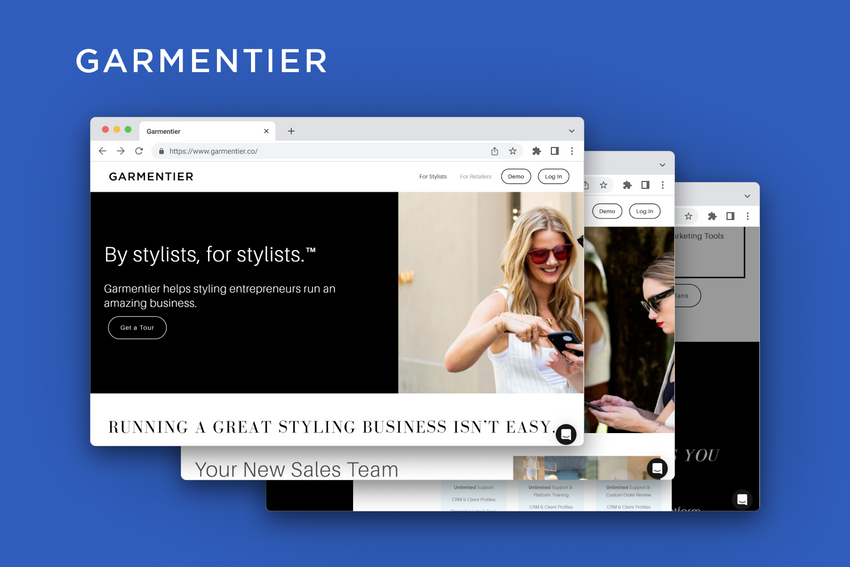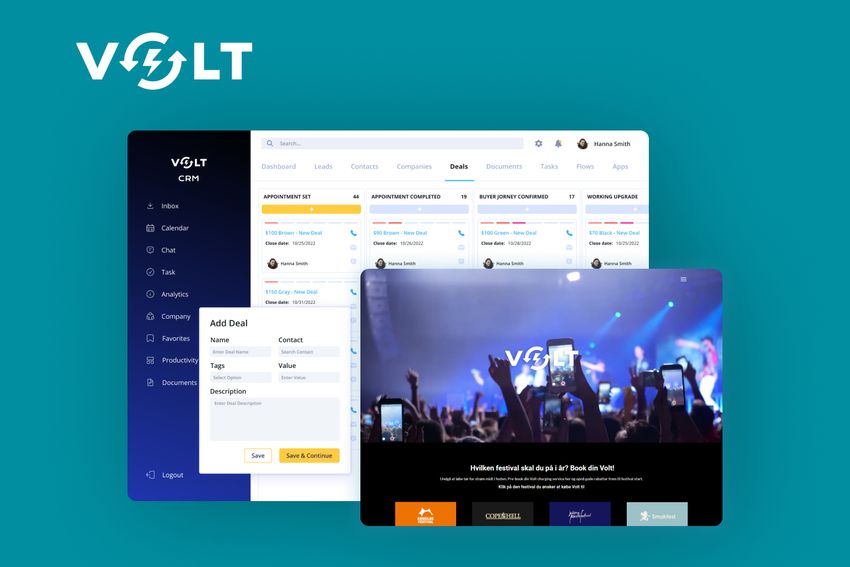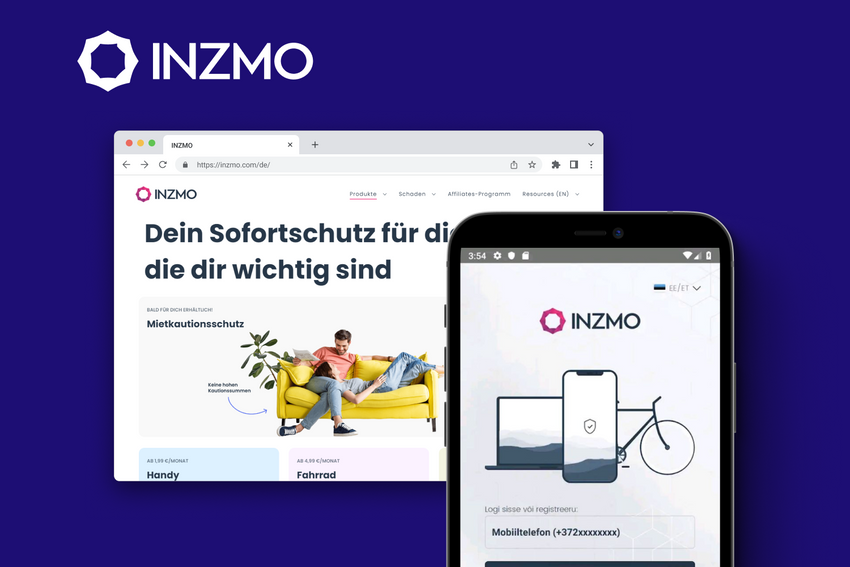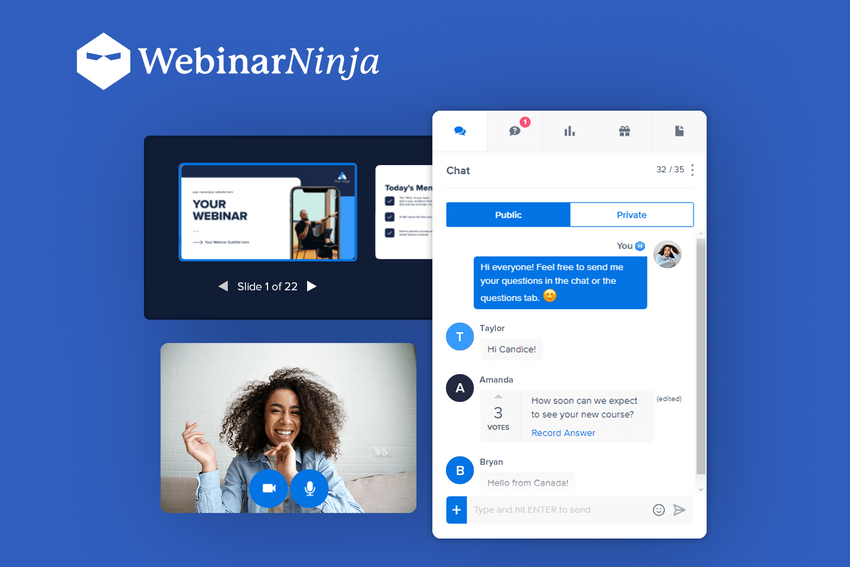Let's Fly Inside #1: Everything About Project Management or 10 Questions to a Super PM
In the interview, our Senior PM tells everything about project management and shares her secrets and true lifehacks grounded on her impressive experience.
PM is a person who knows everything about project management, smoothly connecting all its participants together. A good PM can turn the process of software development into magic when everything works seamlessly and effortlessly for the client.
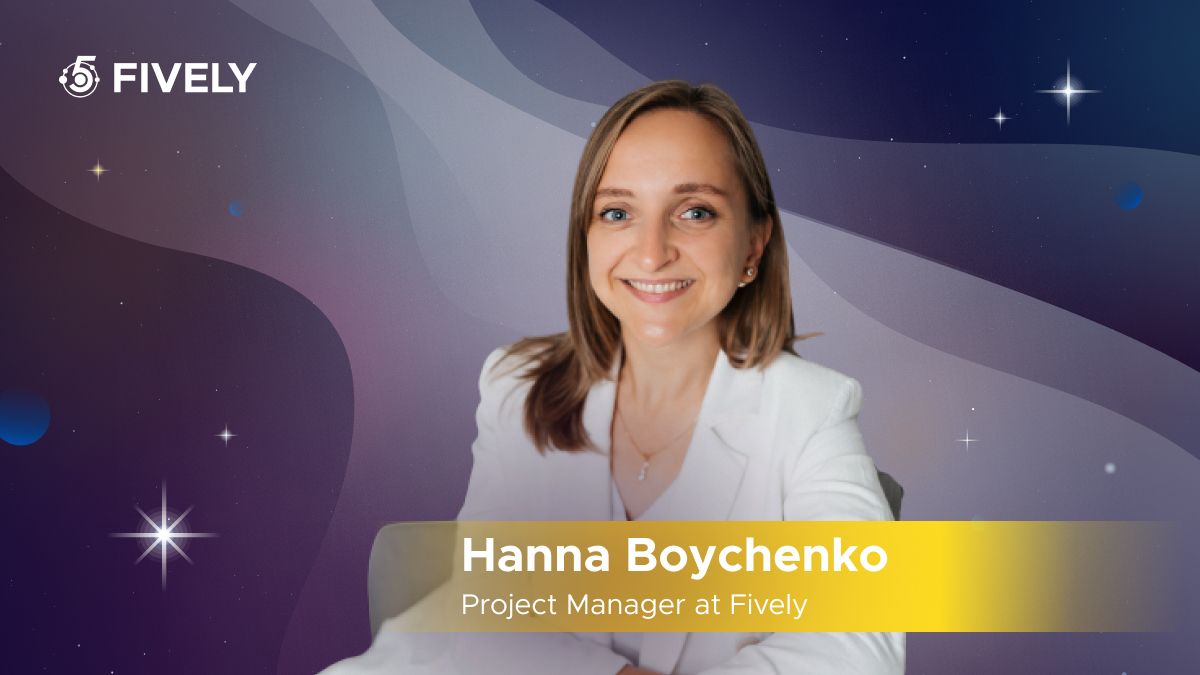
So how do become one? Today Fively’s Senior Project Manager Anna Boychenko is ready to share her secrets, advice and the hottest lifehacks grounded on her impressive experience in project management. Let’s fly inside!
1. Fively is now one of the fastest-growing software companies, with dozens of projects, leads, and clients. The first thought that comes to my mind is that you as a Senior Project Manager, simply don’t sleep to manage everything. What are your secrets?
Yes, I really need to move heaven and earth every day (laughs). But it’s very important to know how to do it right. First of all, I do my best to stay focused on current tasks, doing them one by one without any distractions. In my experience, this is the only way to get things done right and on time, and it also works for any aspect of your life. The moment you lose concentration, you lose control over the situation and risk dealing with consequences. So stay focused.
The next thing is switching. A good PM should be ready to quickly switch between tasks, even if it happens, say, every 10 minutes, as there always can be changes on the project. It’s a difficult skill to learn, but it comes with practice and good planning. Before I start communicating with the team, I always take some time to plan and prioritize tasks on my personal board. If the task is only in my head, I risk forgetting about it or bringing in chaos to the process, and that’s no good.
Btw, it’s a big myth that coffee helps to work effectively (laughs). It can help you to stay focused for a short period of time, but it makes you too emotional and puts you under stress. The last one is the main enemy of every PM, as it interferes with taking the right decisions and influences the overall team’s climate. So I refused from drinking coffee and drink only tea now - it’s a good choice if you want to keep your mind clear.
“It’s a big myth that coffee helps to work effectively. It can help you to stay focused for a short period of time, but it makes you too emotional and puts you into stress”
2. Tell us a bit more about your leadership and communication styles, as well as the software tools you use to handle projects. Why do you choose them?
It’s an interesting question. In general, I prefer to give people the maximum level of flexibility and freedom on the project, so I can say that my leadership style is democratic. It’s not a coincidence: I worked with numerous teams, and all of them are unique, with their own spirit, mode of work, and even general mood. What’s good for one team is bad for the other. So a good PM should feel these differences and be ready to adapt to them, quickly finding the most appropriate mode of communication. That’s why I chose a democratic style of leadership.
I also love to coach and guide people on the project, when I have a chance. I used to be a software developer for a long time, and also have experience in QA. That really helps me in my work now, as I know all the processes from the inside with numerous development issues and psychological problems a team can face. That’s why I always support and cheer up my people with all my heart, helping to overcome their problems, fears, and issues, as I how exactly how they feel. I show them that we can easily discuss everything and find the best decision together.
At the same time, there can be situations when a PM should use an autocratic style of leadership. For example, a force-majeure, a sudden change in requirements, or in a team’s line-up. These are situations where I use all my experience and knowledge to set the optimal plan and make everybody follow it. A prior skill of a good PM is to use the right leadership strategy and be able to decide which is it at every single stage of the project delivery.
Speaking about tools, I really like to use Jira. Its complex structure can be difficult to catch, but once you do, you can tune it right and use its functions to the full. I can also use Trello, as it has a very simple structure and intuitive design.
“A prior skill of a good PM is to use the right leadership strategy, and be able to decide which is it at every single stage of the project delivery.”
3. How many projects can a project manager handle? What is your limit and what number can you recommend to your colleagues?
No matter how experienced you are, manage no more than 3 projects at a time. If you’re a beginner, your limit is 1 project. When you grow into a professional, you can take up to 3 projects, but please remember that they should be in different stages of development.
The reason is simple: it gives your brain a variety of different tasks, you can switch between them and don’t burn out. But if you have 3 projects and all of them are at their initial stage (which demands lots of time, effort, and concentration from a PM to dive into the processes), you risk going to the hospital and failing all the projects. So remember about your work-life balance and don’t overload yourself.
“When you grow to a professional, you can take up to 3 projects, but please remember that they should be in different stages of development.”
4. Can you remember the most complex project that you’ve managed? What was the hardest thing? And what projects, in general, are the hardest to manage, according to your experience?
From my experience, the hardest projects are those where there is more than 1 PM. Yes, such projects exist (laughs). The difficulty here is that PMs start to feel frustrated about their areas of responsibility, one can start to manage everything, while somebody may feel neglected. If you’re in such a situation, all you should do is have an open discussion with the other PMs, where you can share the duties and tune the process right.
5. Difficult projects are often connected with various conflicts. Have you had them in your work? For example, a conflict between a stakeholder and a software team, or some inner misunderstandings. How does a project manager handle conflict successfully?
Usually, conflicts arise when the expectations of a client don’t coincide with the actual development process. In other words, when at least 1 aspect of the so-colled “basic triangle”-- the scope of the project, the time, and implementation costs – differs from what was initially agreed with a client. For example, if the time needed for the project implementation increases, then most likely its final cost will also increase. It should be discussed with the customer in advance to prevent any conflict situations. Or, vice versa, the scope itself may be increased on the client’s initiative, which will lead to a shift in the project timeline and should be also agreed with both parties.
Such a situation can only happen due to mistakes made at the investigation stage and unclear communication between a client and a team. As a result, developers can be put in a hurry or told to completely rework the ready-made solution, which is unacceptable for good project management. Fively specialists and on-demand developers know how important the investigation phase is. That’s why we always thoroughly investigate the project scope before it’s started. Then, at every next stage of the project delivery, we double-check and verify the scope with the client, making timely amendments if needed. It’s extremely important to keep in touch with the stakeholder at this point through the entire project duration, as it will free both parties from stress and conflicts.
Here is my secret recipe for smooth project implementation, it consists of 4 ingredients:
- Collect the requirements properly - discover every detail before the project is started;
- Consult with your team on the tech side - make sure you can do what your client wants, and you’ve chosen an optimal way to do it;
- Use the magic of psychology – catch a client’s and a team’s mood, desires, and expectations, and tune the processes so everybody feels well;
- Estimate risks - predict any risks a project can face, and include them in the project plan.
I personally believe that the most important talent every PM should have is to see any risks a project can face, even if nobody else can see them. It comes with experience. My advice is to estimate the time needed for the development, then add the time for solving any possible issues that can happen at a project, and only then provide the final estimation to your team and client.
“The most important talent every PM should have is to see any risks a project can face, even if nobody else can see them, and to do it well.”
Still, life is life, so nobody is protected against conflicts 100%. So, if to talk about handling conflicts in project management, that have already happened, I have 2 pieces of advice here. First, you should do your best to find a balance between a client and your team. Be transparent and very politely tell your client why the situation happened (for example, why you need more time or developers to finish the project). As I mentioned before, in most cases it is connected with a clash between a client’s and developers’ vision. Second, use clear argumentation to prove why the new vision is right and make sure your client gets it. Then, set a new goal and timeline for the project, which is affordable for both parties. Thus, you will get an ultimate decision, which will satisfy both sides.
6. On our Medium page, we published an article on the top 10 interesting retrospectives to kill the working routine. Do you personally use them and which do you like best? If not, how do you kill routine at your retrospectives?
Yes, I used to try different play-role retrospective techniques, but as a result, I always do something custom. I can mix up several of them or create a totally new one – everything depends on the team and its needs. For example, you can face a situation when team members don’t want to share their opinions, and give any estimations to the sprint at all. Then, I try to find a way to make them speak. It can be an online instrument like the Miro board, where I always have a negotiating table for my team. During a retro people simply take the sticky notes that I’ve prepared and sort them out into 1 of 4 categories: what was well, what was bad, what we did to improve the situation, and what we'll try to improve in the next sprint.
7. Fively has already achieved a lot of goals this year but set even more for the next quarter. What goals do you set for your team? How do you inspire them?
Every time we start a new project, I think of all its members as a team. As the best project-fitting people on Earth, who came together to bring this project to success. I tell myself and my people that we’re united by 1 goal – to help our clients to reach their goals with the help of technology. I remind all of us that the achievements we had are in the past now, but today we’ve come together to reach a new top, to become even better than we used to be, and add 1 more achievement to the Fively’ piggy bank.
During the project itself, I do my best to connect the client and the team, so they can always stay in touch, feel each other and share their energies - that’s extremely important. And I also share the client’s positive feedback as soon as possible to raise the team spirit and mood of my people.
“Every time we start a new project I think of all its members as a team. As the best project-fitting people on the Earth, who came together to bring this project to success.”
8. Speaking of inspiration, how do you inspire yourself? I mean professional literature, hobbies, sport?
I’m really into the thought that a good PM should be good at everything. As I mentioned before, I already have experience in software development and testing, and I have already grasped almost everything about project management. Now I’m deeply interested in UI/UX: different research, trends, pages of competitors, and best practices - I study a lot. I often investigate clients’ products, highlight their values, do a SWOT analysis, etc., as I like to solve high-level tasks. That’s why I often take part in calls with clients, where I can apply my experience and help our clients see the big picture.
So, what about hobbies? I really don’t have much (laughs). I’m keen on sport, so I ride a bike 20 km a day, also do stretching, and do the gym on a regular basis. It gives my brain a rest and helps me to keep myself calm, energetic, healthy, and, what’s very important, in a good mood.
9. In one of our articles, we discussed the problems of team management that appeared after the pandemic of Covid-19. Right from this point, people mostly started to work from home and lose connection with each other. How do you solve this problem and keep your team spirit high?
You see, there are 2 types of people at this point. Some are more concentrated on their families and personal lives, while others like to be in a community, where they share their thoughts, experiences, and ideas. I drive myself to the second group, as I like to work from the office. It’s extremely important for me to feel the unique vibe of our custom software development company and switch from home to work. But I appreciate those who feel more productive when they stay at home. I can say that I agree with a thought expressed in the article, that the best decision here is to allow people to work 50% of the days from the office, and the rest from home. I also can stay at home sometimes, if I don’t have any calls with a client – I believe they should be made out of the office.
10. Drawing the line, what can you recommend for junior PMs, software developers, and QA engineers?
So, what are my recommendations to junior PMs? Always keep calm. You will have different situations, where not everybody will be satisfied with your work, or with the project in general, and that’s okay. We are humans, and we make mistakes, so learn from them and move forward. Remember that you can only make things right when you’re in control of your emotions, so learn to let go of them.
For this purpose, it’s good to read books on psychology or go to a psychologist yourself. It can really help to go through conflict situations, understand different people, and, of course, understand yourself. For this purpose, I can recommend books like “Thinking Fast And Slow” by Daniel Kahneman and “Predictably Irrational” by Dan Ariely.
The same I can advise software developers and QA engineers: study psychology, it’s a cool skill that can help you both in life and at work. The other important thing they both forget is to ask questions (laughs). I often face the situation when an engineer can try to solve a problem alone, and spend several hours or even days on it. And only after I dived into the problem and connect him or her with the rest of the team, the issue we had usually solved in less than an hour. So please remember that a project is always a team, not 1 person, and ask questions as soon as they arise.
“We are humans, and we make mistakes, so learn from them and move forward. Remember that you can only make things right when you’re in control of your emotions, so learn to let go of them.”
Thank you for reading our interview with a featured guest. How do you find it? What insight impressed you most of all? Feel free to share your thoughts on our social networks. And if you need professional PM services or advice, contact us to get a consultation with our specialists. Let’s have great projects together!
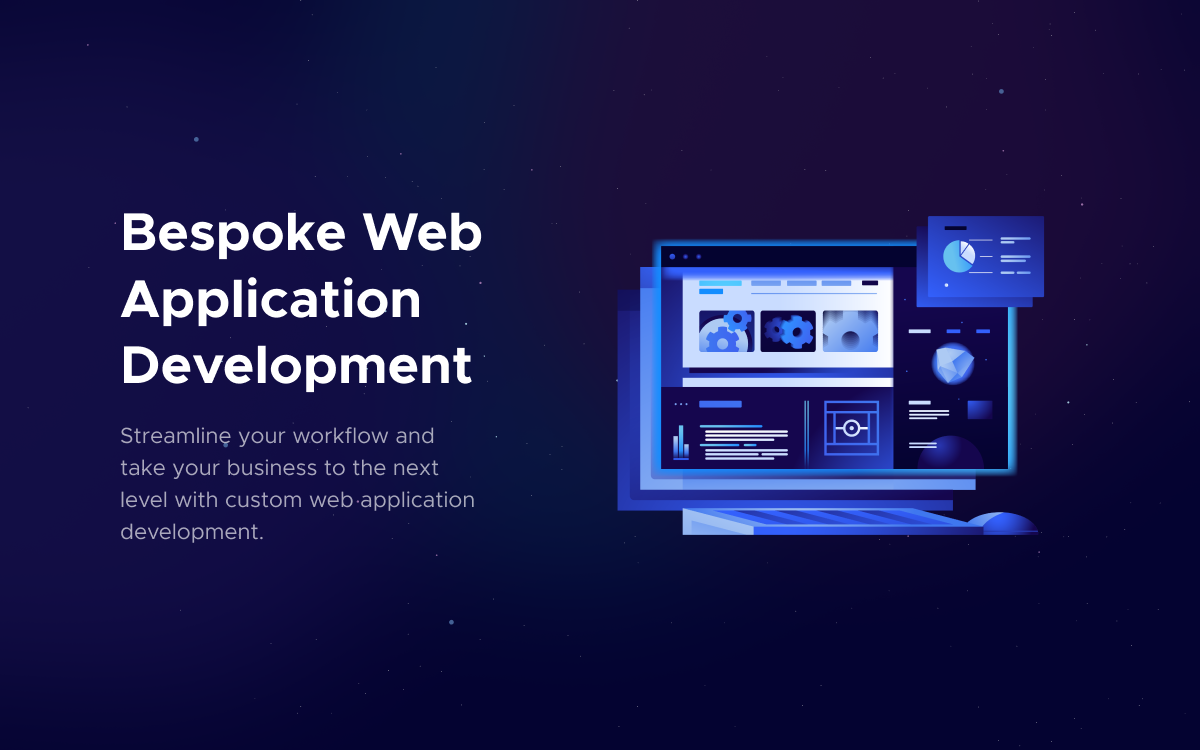
Need Help With A Project?
Drop us a line, let’s arrange a discussion

